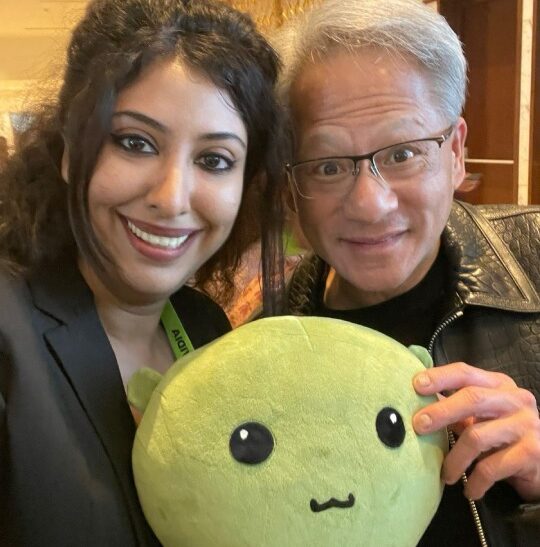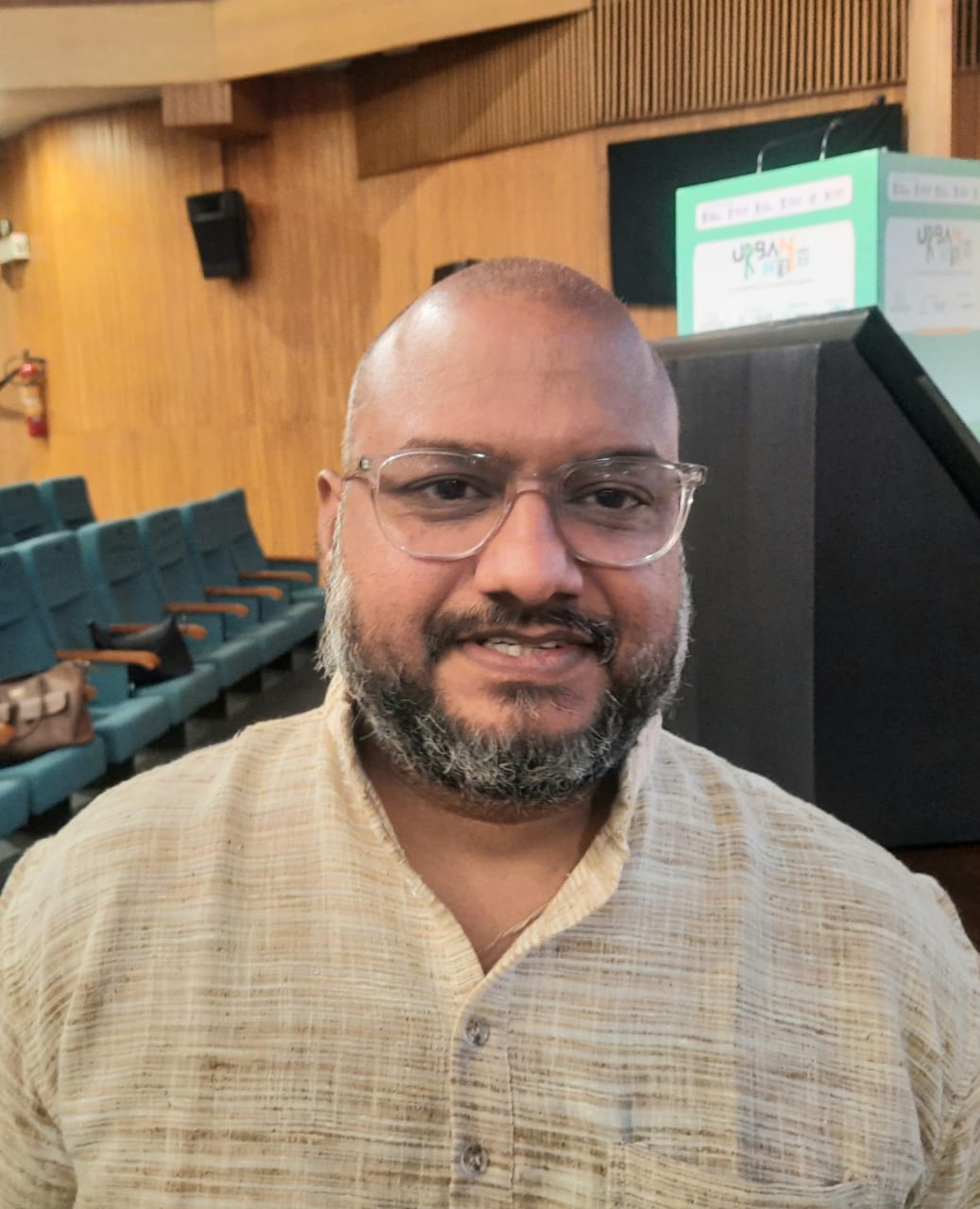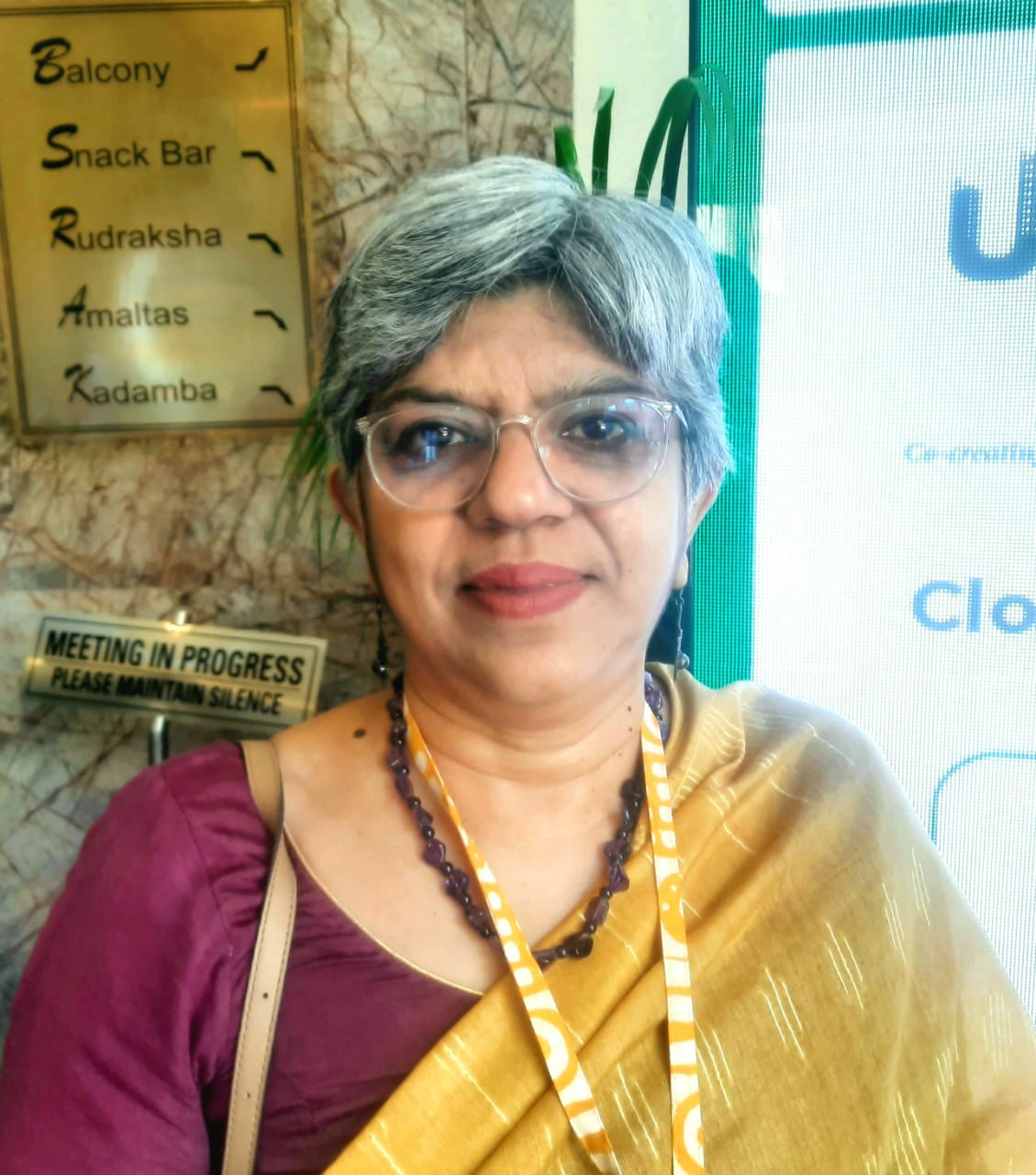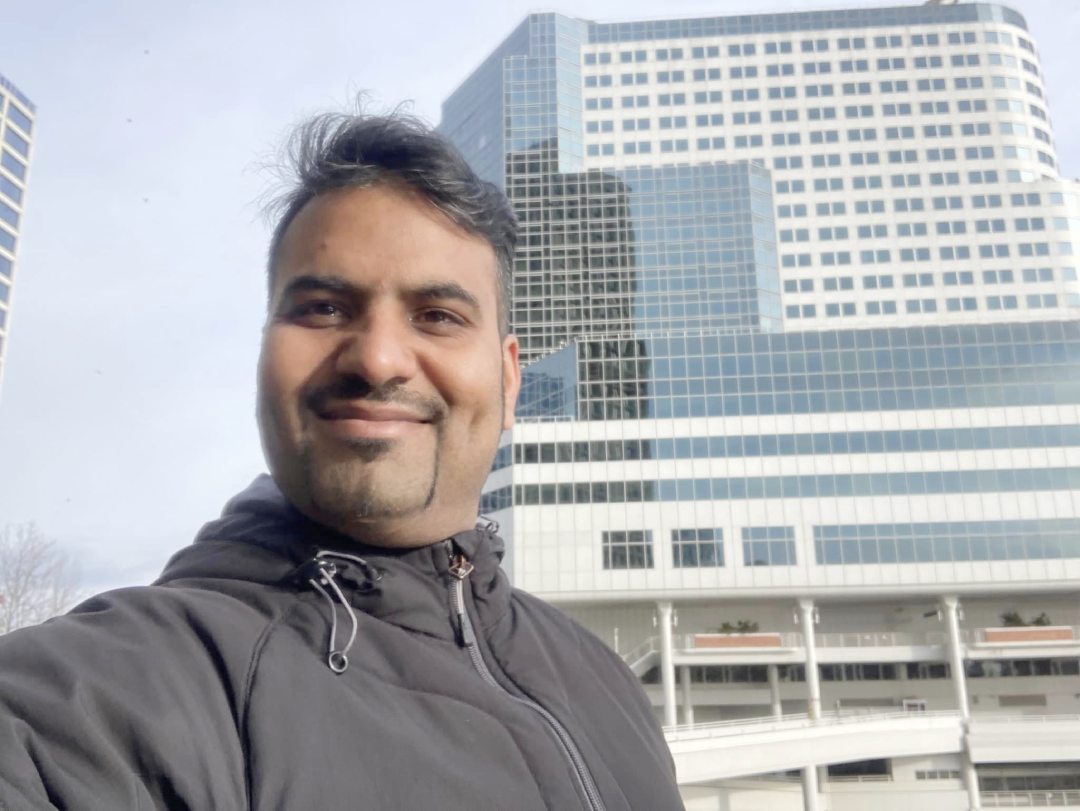Infiheal, a trailblazing healthtech startup, is revolutionizing mental health care by making it accessible and affordable through AI-driven personal communication. At the forefront of this mission is their flagship product, Healo—the world’s most advanced AI mental health coach. Healo tackles the persistent challenges of mental health care, including high costs, limited therapist availability, long waiting times, and outdated treatment methods. Powered by cutting-edge conversational AI and personality models, Healo assesses risk profiles, identifies personality traits, and delivers tailored care. It swiftly connects high-risk users to distress helplines and matches those at moderate risk with therapists.
Infiheal’s comprehensive approach integrates the latest research with a range of therapeutic methods. Their digital services encompass meditation audios, self-guided pathways, mood trackers, curated mental health content, support groups, and peer interactions. By blending Eastern mindfulness practices with Western psychological principles, Infiheal empowers individuals on their mental wellness journey, offering personalized and holistic support.
Infiheal also fosters a community-driven model, encouraging collaboration and knowledge-sharing among mental health professionals to enhance therapy outcomes and continuously improve the quality of care.
In an exclusive conversation with The Interview World, Srishti Srivastava, Founder and CEO of Infiheal, highlights the platform’s effectiveness in addressing mental health challenges. She reflects on the positive market response to their beta launch, shares insights into the mental health ecosystem, and outlines her long-term vision for Infiheal. Here are the key takeaways from her interview.
Q: How is Infiheal utilizing AI to tackle mental health challenges and improve access to effective care?
A: Infiheal is a mental health startup that transforms care through technology. Our flagship product, Healo, is an AI co-therapist that seamlessly blends the power of technology and community. Moreover, we aim to provide mental health solutions that are accessible 24/7, affordable, and uncompromising in quality.
To achieve this, we harness the capabilities of generative AI, including advanced features like a multi-agent conditional chain of thought system. This technology integrates proprietary data from over 100,000 therapy sessions into AI models, producing responses that are as empathetic and insightful as a human therapist.
Our vision is simple: think of Healo as a journal that talks back to you or a search engine—like Google, but better—focused on your mental health. In India, where stigma often drives people to anonymous forums or YouTube for answers, Healo offers an alternative. It provides AI-driven responses, vetted by therapists, ensuring users receive reliable, empathetic, and informed guidance.
Q: Has this product been launched in the market, and what has the response been so far?
A: We launched the beta version on October 14th this year, and the response has been nothing short of overwhelming. In just six months, without any official launch, 55,000 users have already engaged with the platform. The outpouring of support has been incredible—people are reaching out, sharing how Healo has truly changed their lives.
Our user satisfaction rating stands at an impressive 8.7 out of 10, reflecting the platform’s effectiveness. The feedback has been overwhelmingly positive, with 91% of users expressing their satisfaction. The early response underscores the impact Healo is making in the mental health space.
Q: How effective is your tool in addressing mental health challenges, and how does it perform based on your calibrated data?
A: We’re actively collaborating with the National Institute of Mental Health and Neuro Sciences (NIMHANS), Bombay Hospital, and other key stakeholders like the National Institute for the Empowerment of Persons with Intellectual Disabilities (NIEPID) to publish research on AI’s role in enhancing mental healthcare. We’ve also signed MoUs with the Ministry of Social Justice and Empowerment to further our mission. Our goal is to demonstrate how AI can genuinely improve lives in mental health care.
That said, we believe in the irreplaceable value of human empathy. While AI handles most queries around the clock, it can’t fully replicate the emotional support that human experts provide. That’s why we integrate both—AI for continuous support, and when needed, we connect users to mental health professionals. For individuals in severe distress, like those dealing with suicidal thoughts or self-harm, we immediately link them to distress helplines.
Q: How does your tool help individuals facing severe mental health challenges, such as suicidal thoughts, in overcoming those negative patterns?
A: We provide safety plans through our platform, addressing the critical need for immediate support in moments of suicidal risk. When someone faces this danger, ensuring their basic safety is the first priority. Our platform equips individuals with a safety plan and connects them to national and state distress helplines. This timely intervention can be life-saving because what truly matters is that decisive moment.
The moments leading up to a suicide attempt are crucial. Many survivors often share how a conversation at that exact time changed their lives. That’s why it’s essential for tools like ours to be reliable and effective, offering real help to those in severe distress.
Q: As a chemical engineer, how do you view the biochemical aspects of psychological issues, and how does AI address them?
A: Chemical imbalances definitely play a role, but we follow the biopsychosocial model, which takes a broader approach. Biology, of course, is fundamental, and it can be influenced by better nutrition, supplements, and lifestyle changes. We also focus on epigenetics—the idea that our genes aren’t fixed. Environmental factors can also switch certain genes on or off, meaning a healthy lifestyle can actually alter gene expression.
That’s the core of epigenetics, and we provide advice based on this concept. However, it’s not just about biology. We also consider the psychosocial aspect. Your environment significantly shapes how you feel and self-regulate. Social support plays a crucial role as well. We look at psychology, sociology, and biology together, all through the lens of our AI system for a comprehensive approach.
Q: Does your tool offer self-convincing, suggestive solutions that help users accept and act on the automated responses provided?
A: Absolutely. We offer a range of self-help tools, as our platform is primarily designed for self-guided support. Our solutions incorporate over 20 different modalities, including somatic practices, mindfulness, breathing exercises, and therapeutic techniques like the Empty Chair method, all drawn from various psychological frameworks.
Tailored to the user’s specific needs, these tools ensure a highly personalized experience. The recommendations you receive for the same issue will be uniquely different from mine, reflecting the platform’s commitment to individualized care. Each solution is customized to fit the precise nature of the problem, offering effective and targeted guidance.
Q: How are you effectively integrating experts from various domains to provide a comprehensive, 360-degree solution for mental health challenges?
A: Healo was developed through collaboration between technologists like myself and psychologists. Psychologists played a key role in creating the dataset, ensuring the platform delivers a human-like response. Moreover, the product has been thoroughly vetted by experts from prestigious national institutions, including NIEPID and the National Institute of Mental Health Rehabilitation (NIMHR). Their validation adds significant credibility to our platform.
We are also collaborating with these organizations to publish research, and we’re actively partnering with the government on impactful initiatives. For example, we’re working on a project in Nashik district to enhance the mental health of rural youth. Our focus extends beyond technology and psychology—we’re leveraging the power of community to drive social impact. Furthermore, community engagement is crucial to our mission.
Q: What are your major plans and strategic goals for the next 5 to 10 years?
A: I aim to democratize our platform, ensuring that anyone facing mental health challenges can access it and use it for their improvement. Achieving this goal involves partnering with NGOs and government organizations to make mental health services widely available.
Our platform is multilingual, offering support in 93 languages to ensure that everyone can benefit. Additionally, we are raising awareness and conducting campaigns that target not only metropolitan areas but also tier 2 and tier 3 cities. By expanding our reach, we strive to make mental health resources accessible to all, regardless of their location.









